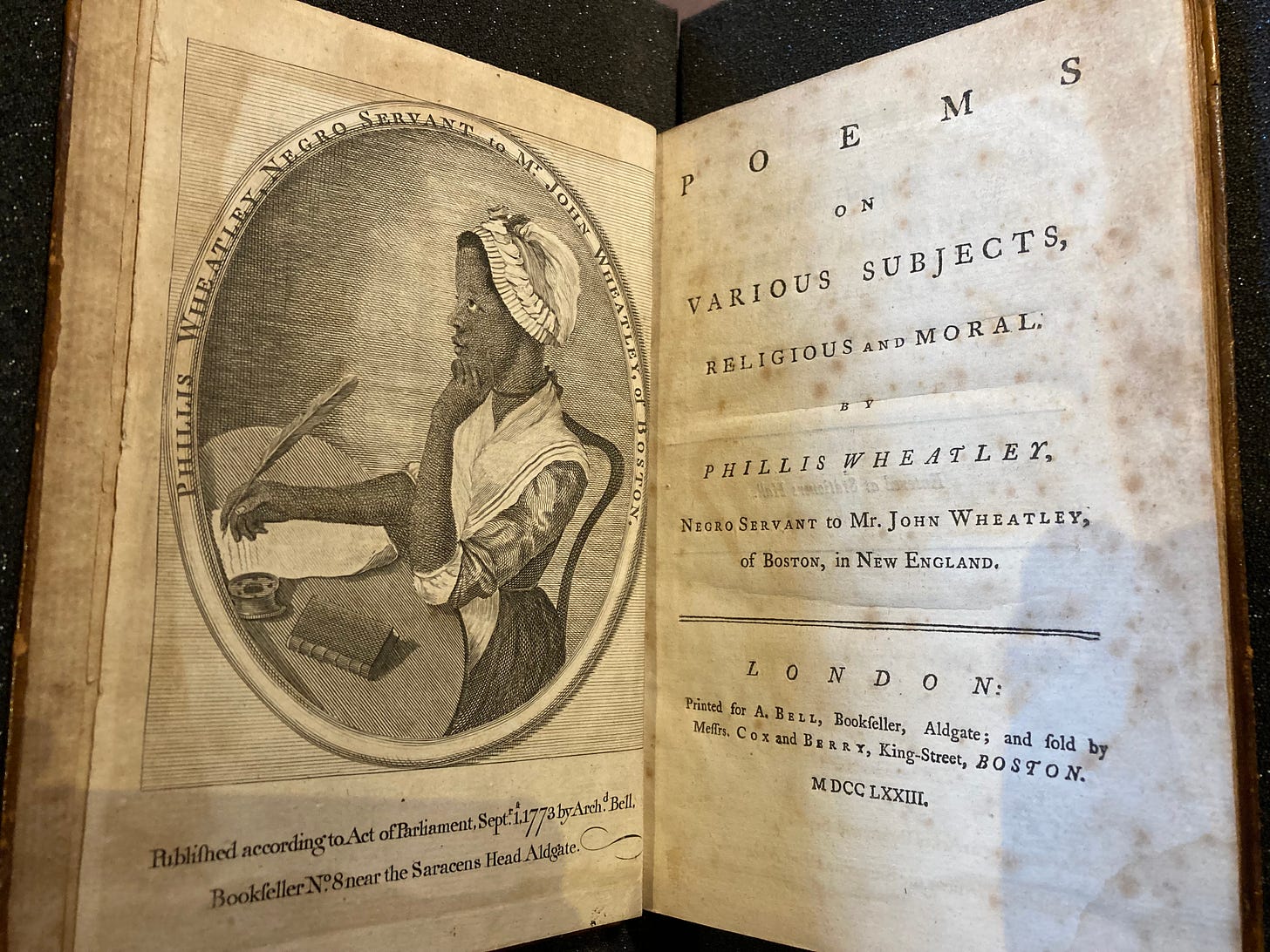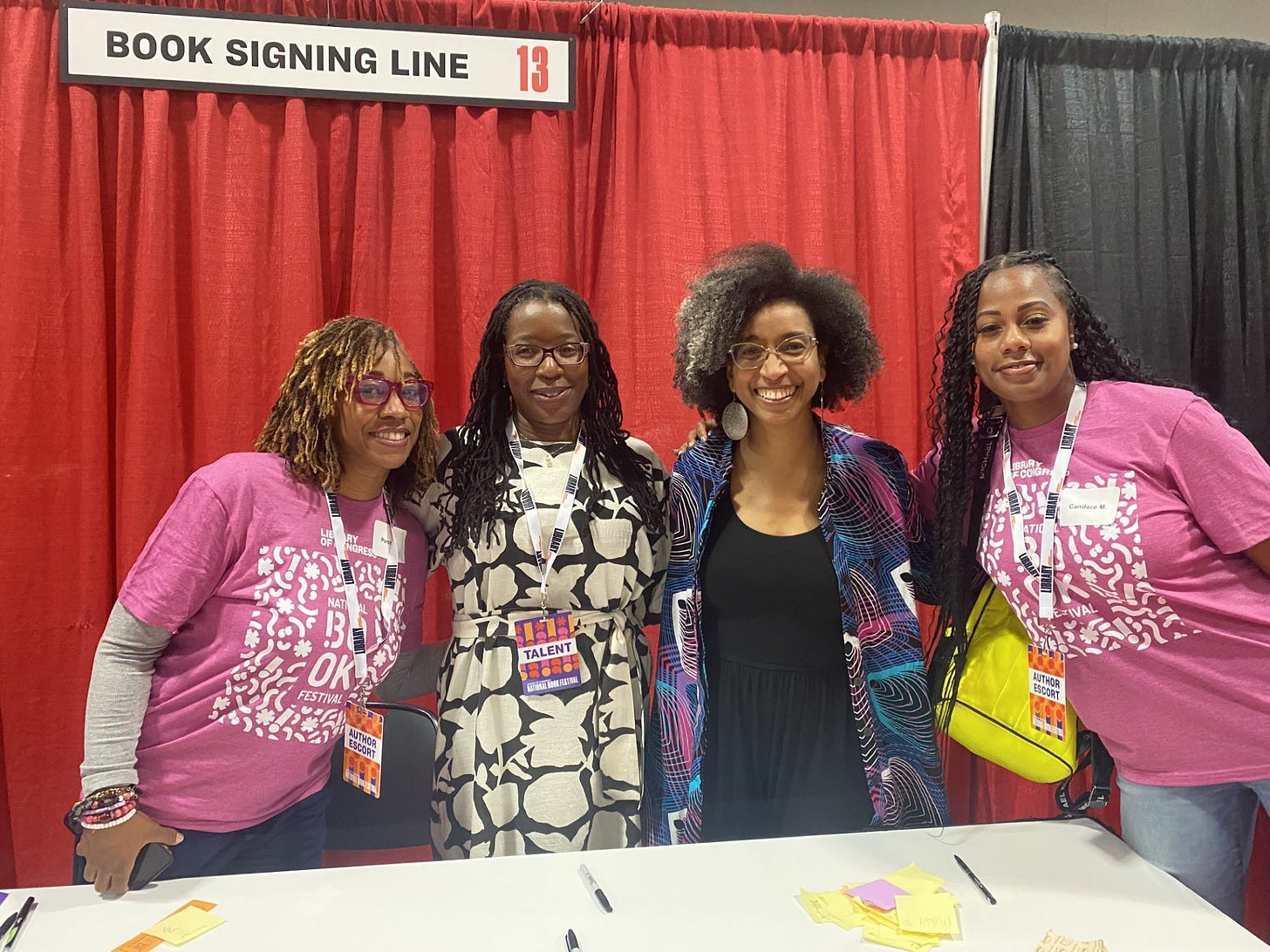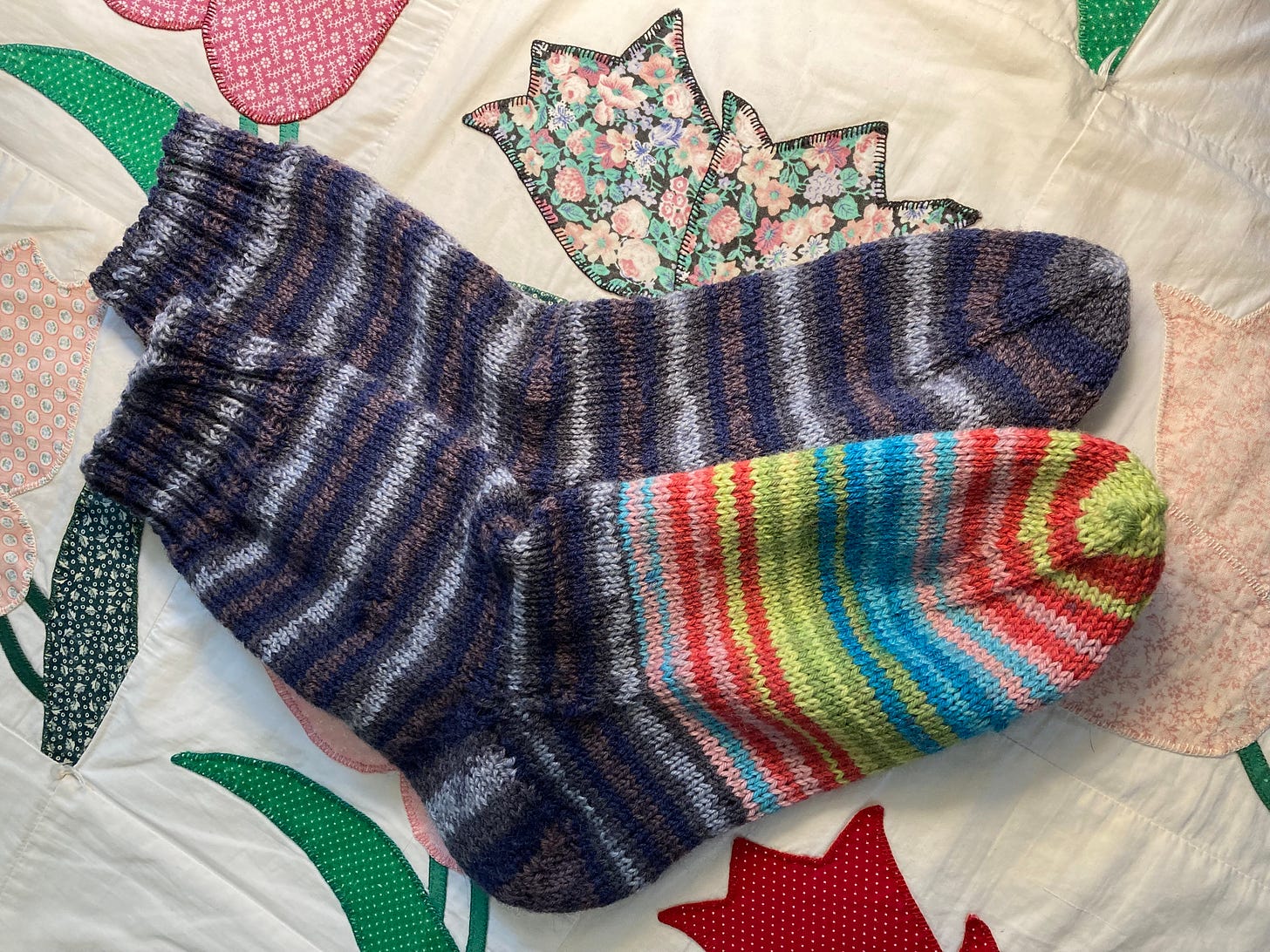Two weeks ago, I was devouring political podcasts, tracking the polls, and lurking on non-partisan YouTube channels that platformed stealth pro-Trump messages so I could assess the underground strength of the opposition. It was getting to be too much, as measured by fitful nights and excessive sugar intake that worsened as Halloween approached. (Just so you know, I had to buy all that chocolate for the sake of my kids, my undergraduate students, and trick-or-treaters.) Now I have entered my coping cabin, the place where I limit incoming political information so I can breathe and preserve my energy for what comes after November 5th. In the cabin, which exists in the mind only, I can notice things -- like the beauty of morning sunlight reflecting against autumn leaves and the pleasure of sharing seasonal rhythms with neighbors whose yards are stuffed with pumpkins. I can pause to take comfort in little whimsies, like the mismatched socks a relative knitted and surprised me with this week. And I can dive into the pages of books where good company is always waiting.
Last summer, I discovered the zany fun of the book lovers subculture. I attended a handful of huge book festivals for the first time: the Sun Valley Writers Conference in Idaho, the History Book Festival in Delaware, and the National Book Festival sponsored by the Library of Congress in DC. Soon, I will be off to the Miami Book Festival in Florida. Experiencing the relish with which people came out to connect through books and ideas boosted my spirits. At the National Book Fest, which hosted throngs of readers, thousands of them lined up to get novels signed by Rebecca Yarros, the author of Fourth Wing (which my daughter tells me is about sexy dragons). Attendees reveling in book love dressed the part, sporting dangling book-stack earrings, “Book Nerd” t-shirts and totes, and patterned dresses with open books spanning the fabric. One man asked authors to draw something in his journal, a sort of visual signature. He rattled off, as I drew my imperfect, leafy tree on his page, the names of famous authors who had been there before me.
As a historian in the same signing room with a dragon bard, I didn’t expect much traction. But to my relief and delight, I signed what seemed like hundreds of books. Readers brought in dog-eared first editions of Ties That Bind that they had read in college or graduate school, paperbacks of The Dawn of Detroit with sections highlighted in yellow, clutched-to-the-chest copies of Wild Girls (which young women tended to claim as a favorite), various versions of Tales from the Haunted South, The House on Diamond Hill and The Cherokee Rose, loads of All That She Carrieds, and shiny new copies of Night Flyer. Three people said: “I will read anything you write,” which filled me with gratitude. It was a bubbly book fan fest in which writers, readers, and reader-writers could be effusive and expressive. People still cherish books and uniting with like-minded bibliophiles.
I cannot block the dark pictures that tumble through my mind when I think of how our nation could suffer if Trump wins, if Project 2025 is enacted, and if we lose more hard-won gains. I fear a broader assault on women’s rights to bodily autonomy, a gutting of government social programs that many people depend on, an intensified attack on higher education focused on ethnic studies and women’s & gender studies programs, and a concerted effort to whitewash the teaching of US history and thereby view-wash what our children can see for their future as citizens. When I have these thoughts, I try to remember that people can band together in grim times and that books can help shape those bonds. The book joy I witnessed over the summer is a human resource, a reservoir for nourishing communion and support.
And beyond the spark between people who read books, there is the alchemy that takes place within single minds when encountering words on pages. I can’t recall where I read this point, but it has stuck with me: reading a book is one of the purest ways we have of engaging deeply with another’s ideas and thinking free thoughts about them. Put another way, reading is like a private mind meld between us, the author, and the separate thing that is the book itself. We read, we learn, we change – and no one else can track or measure this internal process. Physical books offer a luxury of privacy that is rare in our digital age where everything else we do leaves a trace. Books are, in their quiet way, a hedge against thought control, a bulwark against authoritarian intentions. Isn’t this why some ideologues seek to ban them? Each of us can help protect a piece of freedom by defending the right to read, shelve, and share books. So if you have a personal library in your home or a Little Free Library on your block, tend it like a garden.
Are you in the coping cabin as election day approaches? You are not alone. Remember to venture out and VOTE for Kamala Harris and the Democratic representatives we need to defend women’s health and abortion rights.
And how about planning now for what you will do on Tuesday evening after polls close? Take a walk with a human, or canine, or feline friend? Sit underneath a companion tree? Knit someone a cozy something? Bury your nose in a book? Share your plan in the comments if you’d like to.
P.S. If you were at the National Book Fest in DC, and you found a pair of bedazzled prescription sunglasses on the floor, please let me know. I miss them.
P.P.S. Kamala is going to win. Believe it and help make it so.







I'm also finding solace in books to fend off the anxiety spiraling. Specifically, I'm alternative between reading reading Lives Like Loaded Guns (a biography of Emily Dickinson) and a biography of Walt Whitman.
Thank you Tiya. This came just when I needed it!